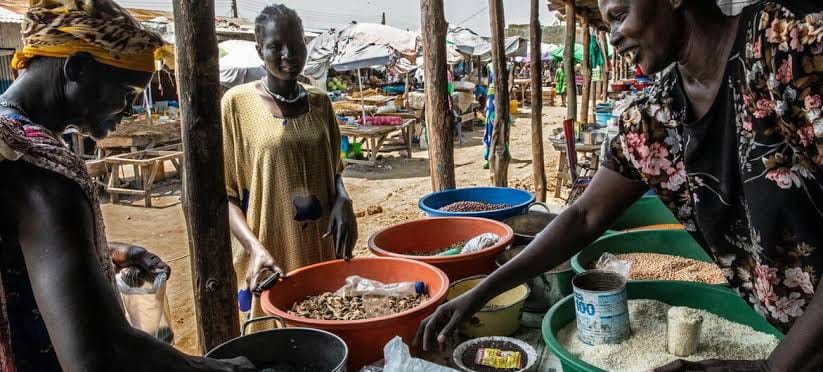Economic strain fuels crime surge in South Sudan, residents urge govt action
Severe economic hardship is fueling an alarming rise in crime across South Sudan, with the capital, Juba, particularly feeling the effects. In the Kasire community, residents are grappling with escalating insecurity, creating widespread fear and sleepless nights.

File Source: UN News
Severe economic hardship is fueling an alarming rise in crime across South Sudan, with the capital, Juba, particularly feeling the effects. In the Kasire community, residents are grappling with escalating insecurity, creating widespread fear and sleepless nights. “Two weeks ago, a community member was killed in his own home during a robbery,” shared youth leader Joseph Odongi.

“The insecurity has forced some residents to relocate to safer areas in the city,” said Louis Loro Yugu, another community member. “We urge the government to establish a police post in Kasire to restore safety and save lives.” These concerns were voiced at an outreach event organized by the United Nations Mission in South Sudan (UNMISS) to support conflict prevention and peacebuilding efforts at the grassroots level.
The economic crisis has compounded daily struggles, especially for women. Hellen Dudu, a women’s leader, highlighted the difficulty of raising families amid such hardship. “We survive on one meal a day and can hardly afford water. Our children are denied education and, fearful of violence, many people are resorting to urinating in bottles at night rather than using toilets outside the house.”
Julie Kiwanuka, UNMISS Chief of Protection, Transition, and Reintegration, addressed these concerns, noting the importance of collaborative efforts. “Collaborative efforts are crucial to ensuring security for local communities as well as enabling displaced people to return safely to their homes,” she said. “All stakeholders, communities, and security services must take concrete action together to ensure sustainable peace and security.”
Grace Wangari, representing the Ceasefire and Transitional Security Arrangement Monitoring and Verification Mechanism (CTSAMVM), emphasized the need for rigorous monitoring of security challenges. “CTSAMVM will continue to monitor, verify, and report on these challenges across the country while promoting the protection of civilians, particularly women, children, and people with special needs.”
Another key focus of the event was advancing the full implementation of the Revitalized Peace Agreement, which is critical to ensuring free, fair, credible, and peaceful elections in December 2026. Guy Gabriel of the Reconstituted Joint Monitoring and Evaluation Commission (RJMEC) stressed the importance of mobilizing resources to support this process. “As the extended transitional period begins in just over a week, it is important for the Reconstituted Transitional Government of National Unity (RTGoNU) to provide the necessary funding to the Agreement’s institutions and mechanisms and to implement them with a sense of urgency.”
UNMISS remains committed to supporting these efforts, with Reuben Inaju, Head of the Community Outreach and Advocacy Unit, reaffirming their support for building the capacity of government officials, civil servants, security services, and other stakeholders ahead of the elections.
In closing the event, Area Chief Emelio Tongun called for unity among community leaders to create a future free from conflict. “I was born and raised in conflict; I do not want that for my grandchildren and great-grandchildren,” he said.














